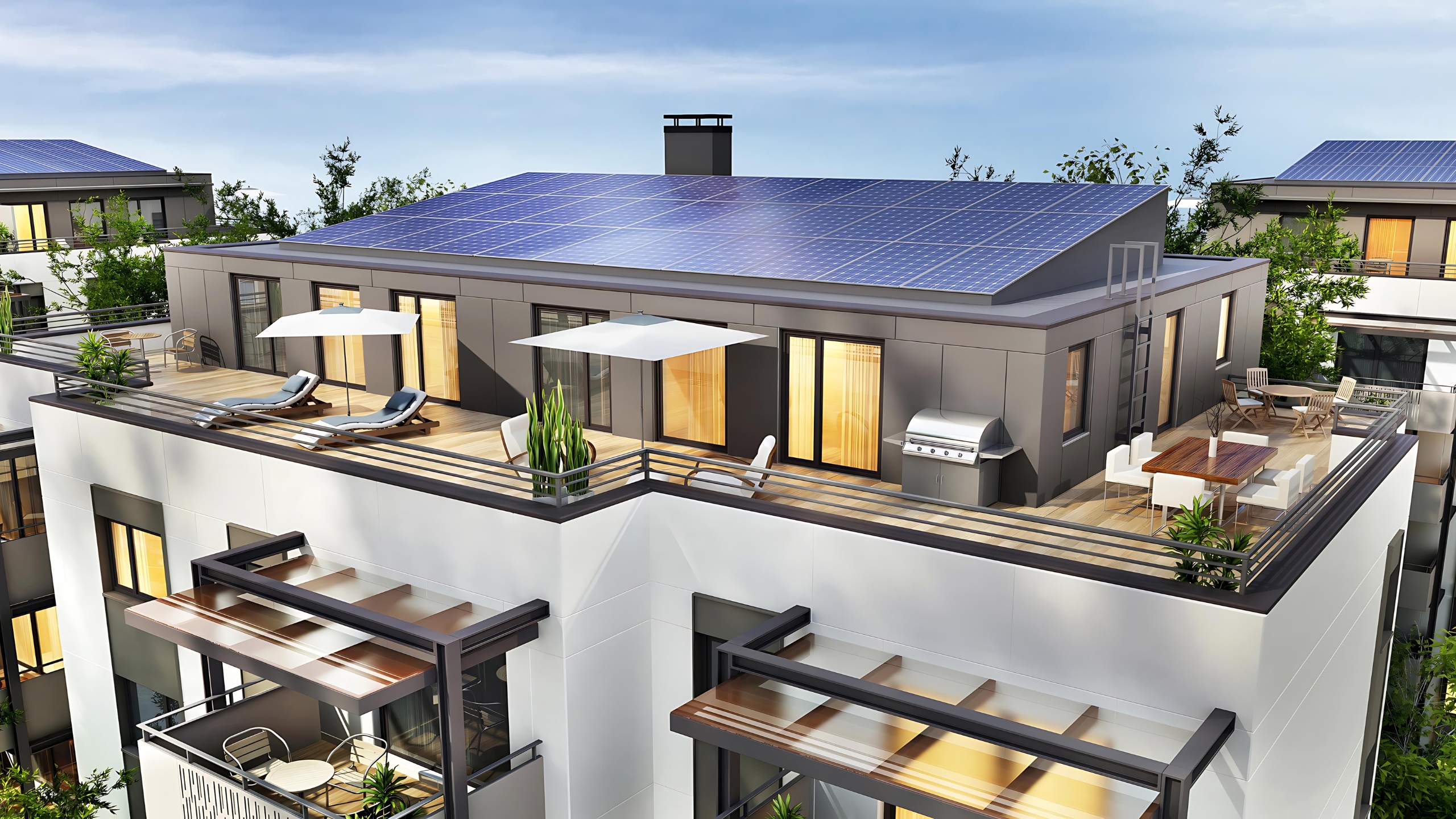
The adoption of residential solar panels has surged in recent years, driven by a combination of economic, environmental, and technological factors. This guide explores the reasons behind the growing trend of residential solar panel installation and highlights the key benefits that motivate homeowners to make the switch to solar energy.
1. Cost Savings
Lower Electricity Bills
One of the primary reasons homeowners opt for solar panel installation is the potential to reduce or eliminate their electricity bills. By generating their own power, homeowners can significantly lower their monthly utility costs. The savings can be substantial, especially in regions with high electricity rates.
Return on Investment
Solar panel systems offer a strong return on investment (ROI). The initial cost of installation is often offset by long-term savings on energy bills. Many homeowners see a payback period of 5 to 10 years, after which the energy produced by the solar panels is essentially free.
Increasing Property Value
Homes equipped with solar panels often see an increase in property value. Prospective buyers are attracted to properties with solar installations due to the potential for reduced energy costs and the environmental benefits. This increased value can make solar panel installation a smart financial investment.
2. Environmental Benefits
Reducing Carbon Footprint
Solar panels provide a clean and renewable source of energy, helping to reduce a home’s carbon footprint. By relying on solar power, homeowners decrease their reliance on fossil fuels and contribute to a reduction in greenhouse gas emissions, which is crucial for combating climate change.
Sustainable Energy Source
Solar energy is a sustainable and inexhaustible resource. Unlike fossil fuels, which are finite and depleting, solar energy can be harnessed as long as the sun shines. This sustainability makes solar power a long-term solution for reducing environmental impact.
3. Energy Independence
Reducing Dependence on the Grid
Solar panels allow homeowners to generate their own electricity, reducing dependence on the public power grid. This independence can be particularly valuable during power outages or in areas with unreliable electricity supply.
Stabilizing Energy Costs
Solar energy systems can help stabilize energy costs. As utility rates fluctuate, having a solar system can protect homeowners from rising electricity prices. Fixed-rate solar energy contracts or net metering agreements can provide predictable and stable energy costs.
4. Technological Advancements
Improved Efficiency
Recent advancements in solar technology have led to more efficient solar panels that convert a higher percentage of sunlight into electricity. This improved efficiency means homeowners can generate more power from a smaller number of panels, maximizing energy production.
Integration with Smart Technology
Modern solar energy systems can be integrated with smart home technology. This integration allows homeowners to monitor and manage their energy production and consumption in real time, optimizing the use of solar power and enhancing overall system performance.
5. Government Incentives and Rebates
Tax Credits and Incentives
Governments often offer tax credits and incentives to encourage the adoption of solar energy. These financial incentives can significantly reduce the upfront cost of installing solar panels, making it more accessible for homeowners. Programs like the Federal Investment Tax Credit (ITC) provide substantial savings.
Local and State Programs
In addition to federal incentives, many local and state governments offer additional rebates and incentives for solar panel installation. These programs vary by location but can further reduce the cost and make solar energy more affordable.
6. Long-Term Durability and Low Maintenance
Reliable Performance
Solar panels are designed to be durable and long-lasting. Most systems come with warranties ranging from 20 to 25 years, ensuring reliable performance over the long term. The robust construction of solar panels means they can withstand various weather conditions.
Minimal Maintenance
Solar panels require minimal maintenance compared to other energy systems. Regular cleaning and periodic inspections are typically sufficient to keep the system operating efficiently. The low maintenance requirements make solar panels a hassle-free energy solution.
7. Energy Security
Protection Against Energy Price Fluctuations
By generating their own electricity, homeowners can protect themselves from fluctuations in energy prices. Solar panels provide a stable and predictable source of energy, reducing vulnerability to market volatility and price increases.
Resilience During Power Outages
Solar panels can provide energy independence during power outages, particularly when paired with battery storage systems. This resilience ensures that essential appliances and systems remain operational even during emergencies.
Conclusion
Residential solar panel installation offers numerous benefits, including cost savings, environmental advantages, and increased energy independence. Advances in technology, favorable government incentives, and long-term durability make solar energy an attractive option for homeowners. By investing in solar panels, you can reduce energy costs, contribute to environmental sustainability, and enhance the value of your property.